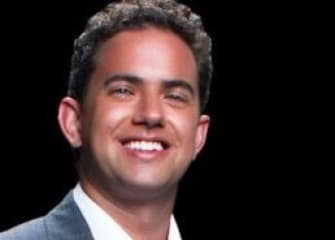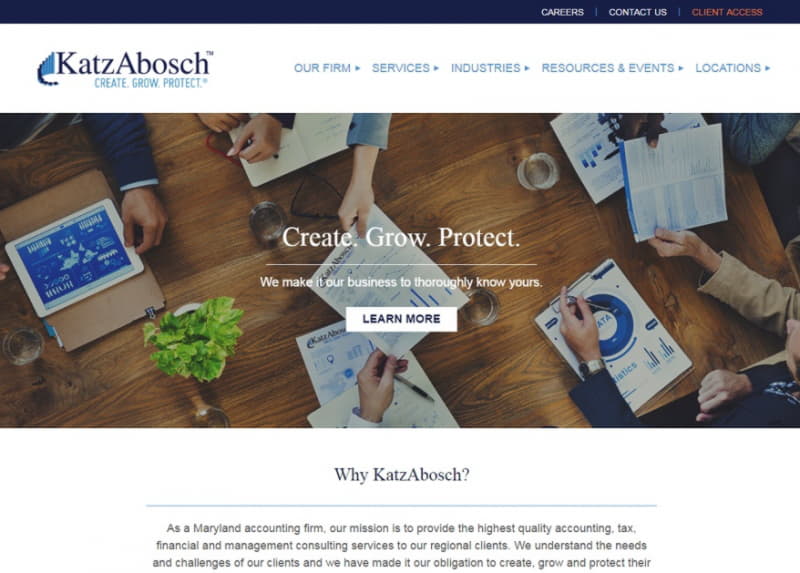
Daniel Freedman
Click here for Part I & Part II
What’s going to make you, your family and your coworkers more likely to actually stick to your New Year’s fitness and health resolutions? That’s the question BurnAlong’s co-Founders Daniel Freedman and Mike Kott set out to answer with their founding of BurnAlong last year.
The answer, as it turns out, is to find motivation from the people around you, whether it’s your local personal trainer, or simply a friend, family member or coworker. As Daniel tells interviewer and marketing guru Len Markidan, research shows that people are 65% more likely to achieve their fitness goals if they involve someone else. That’s why on BurnAlong – available via computer, smartphone or tablet – members can take classes online on-demand, and invite others to join them in live private workouts. By partnering with local gyms and studios to film and upload their classes – rather than competing with in-person gyms, as most online fitness companies do – BurnAlong is poised to transform the digital health and fitness market.
BurnAlong is available for anyone to sign up at
their website, or on the Android and Apple app stores. Additionally, companies looking to offer BurnAlong as part of their corporate wellness plan can get more info on the site. Organizations using BurnAlong include the Baltimore Ravens, The Ulman Cancer Fund for Young Adults, BlisPay RESE Title, Clearview., and Brown Advisory
Daniel started his career as a journalist, writing for publications like the Wall Street Journal and co-authoring a New York Times top-10 bestseller, before moving to the policy world, working at places like the United Nations. Kott, his co-founder, started at Black & Decker before joining Bill Me Later, which was acquired by PayPal for $1 billion.
If the psychology of motivation is of interest, and fitness important to you, you’ll enjoy this interview.
LEN MARKIDAN: You mentioned, a couple of times, the concept of the gyms is the offline venue for someone to go work out, and then BurnAlong is the online, and you’re bridging the two. How important is that? How important is the fact that you are building that connection between the online and the offline? Why can’t a consumer just go to their gym and then use some other online fitness tool?
DANIEL FREEDMAN: Because you’re just more likely to be successful if the people you’re seeing online are the people you know offline. Because, in the scenario where I’ve got an instructor I love, and the instructor is getting me results, I know that’s working for me—why would I want to do something different from home? Why would I risk my progress? And ultimately what happens is that if I’m seeing someone different at home, I forget about my instructor, I forget about the routine, I forget about the program that they put me on. And then, if I’m focusing just on the online piece, then I ‘ve got no reinforcement. That synergy is very, very important. The ideal situation for us is an average person goes to the gym, say, twice a week, and average uses us twice a week; so, twice a week they’re in person in the gym, and at the end of the session the instructor would say, “All right, you’re not going to see me for three days. Here’s the homework to do on BurnAlong, and you need to do this to reach the results that you want.” Or, when the person’s at home, they’re seeing that instructor, that instructor can even know that they’re doing the exercise—that person knows the instructor knows, so there’s that element of accountability—and then when you’re back in the next time, the instructor can congratulate you, and you’ve made that extra step of progress because you’re continuing on your journey.
Got it. And where do you see BurnAlong in five years?
We will be all over the world. We already speaking about getting set to launch internationally—first to English speaking countries, and then from French to Spanish onwards. We see ourselves all across the world, number 1. And number 2: fully in the fitness and wellness space, where the idea is BurnAlong will be with you every step of the way, from when you’re in peak fitness—and even you’re training for marathon—to if you get injured in your recovery, we take you through that rehabilitation and keep you connected to your favorite physical therapist, complete your rehabilitation, and get you back geared for that next marathon.
I keep coming back to this, because I think this is so interesting and refreshing in the world of startups—back to somebody who maybe didn’t come from the technology world, the Silicon Valley world: What are some of the things that surprised you most about building a tech startup?
Well, Reid Hoffman, the founder of LinkedIn, says, “Running a startup is like jumping off the cliff while trying to assemble an airplane. You need extreme focus and there are multiple ways of crashing.” And I think that’s very, very true. You need laser focus. You need to be able to say to start of some things: “That sounds great, but I’m going to deal with that in six months. Now, I’m uber-focused on achieving this goal.” I think that’s really where the success comes in. It’s having that focus—but also being willing to fail. If you’re too scared to try something because it might not work, then you’re not going to get anything done.
One of the big growth channels that you guys are focused quite a bit on, or are focusing on now, is corporate wellness. And this is interesting to me—corporate wellness is something that is undoubtedly on the rise; 70% of US employers are offering corporate wellness programs now—that’s up from in the 50s, a couple of years ago. Why? Why do you think that is? Why is it so important to people?
Well, as we like to say, simply put: “If your employees are unfit, they’re more likely to quit.”
Did Johnnie Cochran come up with that?
[Laughter] If someone is out of shape, if someone is dealing with weight and health issues and back issues, they’re more likely to take sick days and are more likely to be unhappy. That’s a big challenge for companies: How can you keep employees healthy? It’s important from a culture perspective, it’s important from a retention perspective, and it ‘ also important from a health insurance perspective.
The other really big thing that I think is often ignored—and this data’s from companies that we work with—is about 60% of costs for an employer from the health insurance side comes not from the employee, but from the employee’s family members. You could put on a yoga class for your employees at 5:00, but if it’s their family members who are out of shape and really need it, that’s not helping them. That’s, I think, one of the beautiful things about BurnAlong: You can do this at your desk if you have 30 minutes at lunchtime. You can also do this at 8:00 at night with your family. We see all these great pictures from people posting on Facebook of them with their partners and their spouses and their kids doing yoga at night, and so it really is like a family affair. It’s very, very exciting. Your employees feel great, affecting their productivity—it’s a win-win across the board.
It’s a win-win across the board. Daniel, thank you very, very much. Where can people learn more about BurnAlong?
It’s at www.burnalong.com, and you can sign up on the website and learn more. Or you can find us in the Android and iOS App Stores.
Thank you, sir.
Thank you.
Connect with Daniel on LinkedIn

Sponsored by:
Founded in 1969, KatzAbosch is one of the largest CPA and business consulting services in the Mid-Atlantic region. Our mission is to provide the highest quality accounting, tax, financial and management consulting services to our clients. We understand the needs and challenges of our clients and we have made it our obligation to create, grow and protect asset value. The experts at KatzAbosch offer a full service solution while maintaining a tradition of ethics and incorporating the latest technology and unique business practices. Excellence in an industry often begins with how those closest to the company—its clients and employees—feel about it. For these individuals, KatzAbosch is a place where people and businesses excel and prosper. Our advisors can meet all of your service needs including; Audit & Accounting, Business Valuation & Litigation Support, Consulting, Estate Planning & Administration, Financial Institution Services, Forensic Accounting & Fraud Examinations, State and Local Tax (SALT), Taxes & Planning.


Edwin Warfield, CEO of citybizlist, conducts the CEO Interviews.
If you're interested in reaching CEOs, please contact edwin.warfield@citybuzz.co
Connect on LinkedIn




































